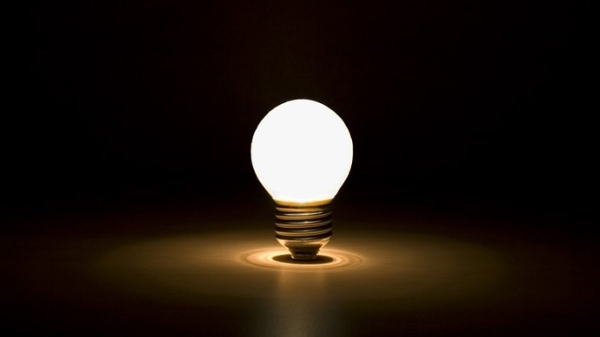Bringing efficiency in the EU’s National Energy and Climate Plans

As EU member states prepare to submit their revised National Energy and Climate Plans (NECPs) to the European Commission on 30 June, they must pay greater attention to energy efficiency, writes Monica Frassoni.
A future energy system must be highly energy and resource efficient, based on renewables, secure, competitive, affordable and of course, safe. One that can respond to the climate, energy and water crises that increasingly perturb our economy and create social tensions.
Reducing energy needs and doing this through ready-to-use technologies and a system approach is key to success of Europe’s future energy union and the Green Deal. The Energy Efficiency community needs therefore to have a regular seat at the table.
This is not always the case.
When it comes to the big political debates about the future of our energy system and the long-term competitiveness and sustainability of our economies, energy saving and energy efficiency generally still do not attract the same political attention as energy generation and supply, despite the significant progress on recent legislation and financing programmes aimed at driving energy savings at EU level – the positive outcomes of the recent Energy Efficiency Directive (EED) recast is a good example.
Take the Commission’s Net-Zero Industry Act as a case in point: energy efficiency is given minimum attention.
Even if we are successful in implementing all initiatives in the Commission’s proposal, there are just not enough resources in Europe for everyone to switch to renewables, to transition to hydrogen, to get electricity into smart networks or to rely on carbon capture technologies.
We need to start seriously thinking about doing more and better with less! And we need to start seeing energy efficiency as our greatest competitive advantage because whilst on the supply-side the EU may be late in the race for clean tech compared to the rest of the world, many of the benefits of energy efficiency can be reaped TODAY with relatively cheap and often easily deployable solutions. Solutions that are made in Europe.
At the national level, progress on energy efficiency is also still not where it needs to be, even after this terrible year of war and our difficult economic times and even if most European governments say they are committed to energy efficiency and some are taking sensible steps in the right direction.
I see this playing out clearly in increasingly difficult legislative discussions on the Energy Performance of Buildings Directive (EPBD): there is still a real challenge in the concrete implementation and even understanding of the Energy efficiency first principle – a principle the Commission insists must be the guiding principle for energy–related decisions in the European Union…
The insufficient level of priority given to energy efficiency has had an impact on the resources made available and the choices taken to face the energy crisis.
Many member states spent hundreds of billions of euros to assist Europeans massively and often indiscriminately with the increase of energy bills instead of investing in more systemic and structural changes and long-term energy performance improvements in our homes, schools, offices, and manufacturing process.
By doing so they have simply postponed the problem to the next heatwave or to the cold snap. Or to the next summers and winters.
So what needs to be done?
The first important milestone is the presentation of the revised National Energy and Climate Plans (NECPs).
There are less than two months to the June 30th deadline to update National Energy and Climate Plans (NECPs). Bringing these plans in line with the new targets, like those set out by the Energy Efficiency Directive, for example, is not a done deal. I have heard as much from senior contacts in several member states.
There will certainly be delays and the European Commission must be vigilant to avoid that the energy efficiency agenda proceeds at two speeds: putting big focus and ambition at EU level and then too little a push and attention to what happens at Member States level.
Support must be given to ensure that energy efficiency is at the heart of these plans. We need it systematically embedded in all decision-making processes and financing mechanisms.
We also need to make skills central to the plans. The governance of skills must be the starting point of every NECPs. It is a truth universally acknowledged that we lack the skills to implement an ambitious energy transition.
Sometimes this reality is used to stop and delay urgently needed changes: we need governments to focus on this and introduce a skills intelligence and development strategy into the first chapter of each NECP.
At the European Alliance to Save Energy, we are doing our part: we have proposed and are actively working on the first ever Pact of Skills for Energy Efficiency.
To sum up, we have to design our energy system to use fewer resources and use them better.
To do this we need to deploy all possible energy efficiency measures available (we have put together a nice catalogue of such measures) and by doing so accelerate the decarbonisation of energy supply, the transition to renewable supply and the phase-out of fossil fuels.
It is not a choice between one or the other.
To reach our climate and decarbonisation goals whilst ensuring new jobs and a just transition, we need to do all at the same time.



